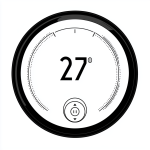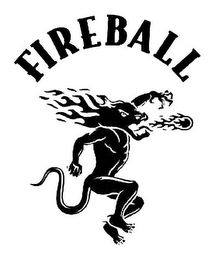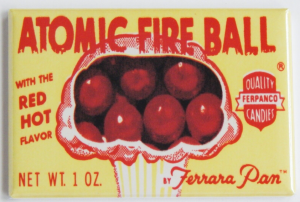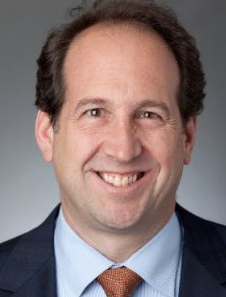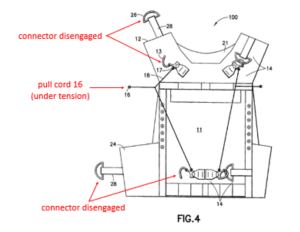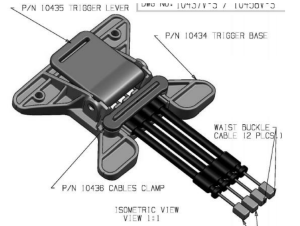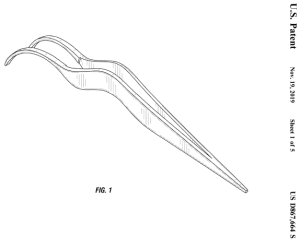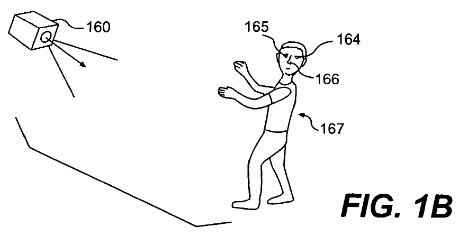All posts by Dennis Crouch
EcoFactor v. Google: Quick Review of Oral Arguments
EcoFactor v. Google: Listen Live This Morning
EcoFactor v. Google is the Federal Circuit’s first en banc utility patent case in years. The court will beholding oral arguments this morning, starting at 10:00 am Eastern.
- Listen here: https://www.youtube.com/watch?v=lwEZ2MlyOv8
- Ginger Anders (Google) will face off against Brian Ledahl (EcoFactor) before 10 members of the Court of Appeal. (Judge Newman is being excluded, and Judge Cunningham is not on the roster.)
The case generally relates to a district court judge’s gatekeeper role to prevent the Jury from hearing less-than-stellar expert testimony. Early briefing in the en banc case was a bit scatter shot, and the court released an precedential statement reiterating that the rehearing en banc is “limited to addressing the district court’s adherence to Federal Rule of Evidence 702 and Daubert v. Merrell Dow Pharmaceuticals, Inc., 509 U.S. 579 (1993), in its allowance of testimony from EcoFactor’s damages expert assigning a per-unit royalty rate to the three licenses in evidence in this case.”
Federal Circuit Rejects “Once Generic, Always Generic” Rule in Trademark Dispute Between Whiskey Makers
Bullshine Distillery LLC v. Sazerac Brands, LLC, 2023-1682 (Fed. Cir. March 12, 2025)
In an interesting trademark decision, the Federal Circuit has clarified that terms once considered generic do not necessarily remain permanently unregistrable. provides important guidance on genericness timing and addresses a question of first impression in trademark law.
The case involves two alcohol producers:
- Bullshine Distillery sought to register “BULLSHINE FIREBULL” for alcoholic beverages;
- Sazerac, owner of “FIREBALL” branded cinnamon whiskey, and opposed the registration claiming likelihood of confusion.
Bullshine counterclaimed seeking cancellation of Sazerac’s marks, arguing “fireball” was generic for spicy cinnamon-flavored alcoholic drinks. The Trademark Trial and Appeal Board (TTAB) denied both parties’ claims, finding FIREBALL was not generic either at registration or the opposition trial, and determining there was no likelihood of confusion between the marks. Both parties appealed. The Federal Circuit, in an opinion by Chief Judge Moore, affirmed the TTAB decisions in both cases.
Convergence: Island IP Points to Wave of Rule 36 Petitions
What Does it Mean to Prove Prior Art Date by a Preponderance of the Evidence?
President Trump Formally Nominates John Squires as USPTO Director
Method Claims can Cover an Entire Process Flow – Including All Conditional Branches
Descriptive or Highly Descriptive? The Federal Circuit Reviews the iVoters vs iVoterGuide Trademark Dispute
Back to the Classics: Importing Limitations from the Specification into the Claims
Federal Circuit offers Another Important Expansion of the Domestic Industry Requirement for USITC Jurisdiction
Estoppel Timing and Procedural Traps in Patent Challenges
USPTO Withdraws Biden Era AI Strategy
PTAB Bar Association Advocates for Stability Amid USPTO Turmoil
The Last Word: ParkerVision’s Reply Brief Makes Final Push for Supreme Court Review of Rule 36
Second-Guessing the Jury: The Federal Circuit’s Flawed Take on Enhanced Damages in Halo v. Pulse
OpenEvidence v. Pathway: The Legal Battle Over AI Reverse Engineering
Guest Post by Professor Camilla Hrdy (Rutgers Law)
Can generative AI models like ChatGPT be “reverse engineered” in order to develop competing models? If so, will this activity be deemed legal reverse engineering or illegal trade secret misappropriation?
I have now written a few articles exploring this question, including Trade Secrecy Meets Generative AI and Keeping ChatGPT a Trade Secret While Selling It Too. But when I first asked this question a year and a half ago, I was getting responses purely in the negative. I asked a panel at a trade secret conference at Georgetown in 2023, “Can ChatGPT be reverse engineered?” Several members of the panel laughed. I would talk to AI experts, and the answer I got was along the lines of: “it’s not going to happen.”
But one of my students, Devin Owens at Akron Law, who has both a patent law and a computer science background, insisted to me that reverse engineering was possible using “model extraction attacks.” A model extraction attack entails imputing a massive number of queries into a “target AI model” and using the target’s responses to train a new model that mimics the original’s behavior and functionality. Devin wrote a student note about this, arguing that AI models are so vulnerable to extraction attacks that they can’t really be “owned” by anyone.
Now it seems clear that at least partial reverse engineering of generative AI models is indeed possible, and of increasing concern to AI developers. (more…)
